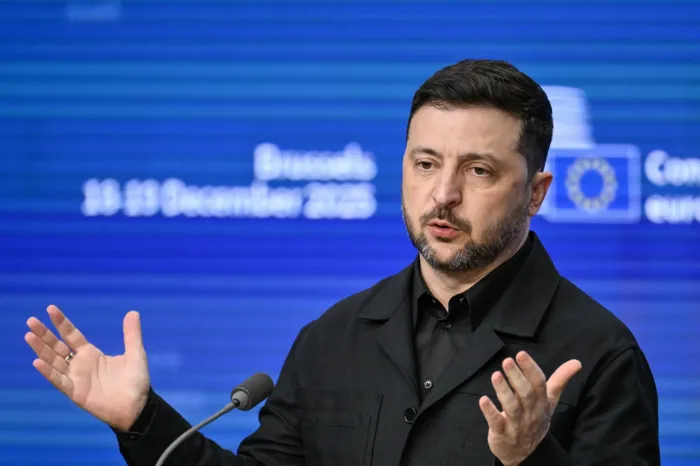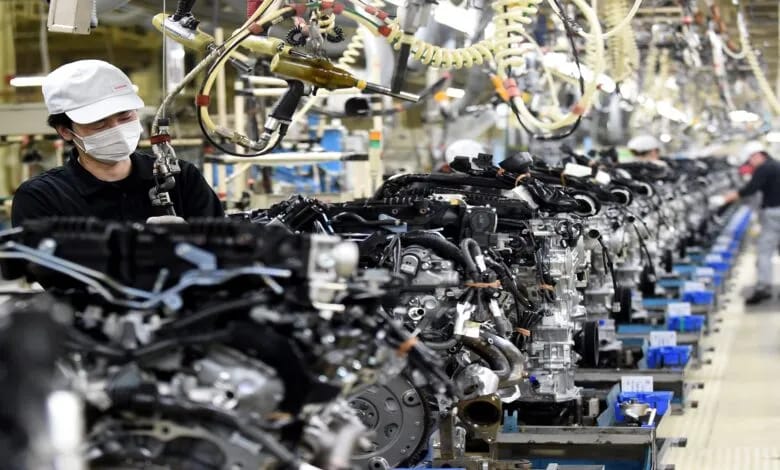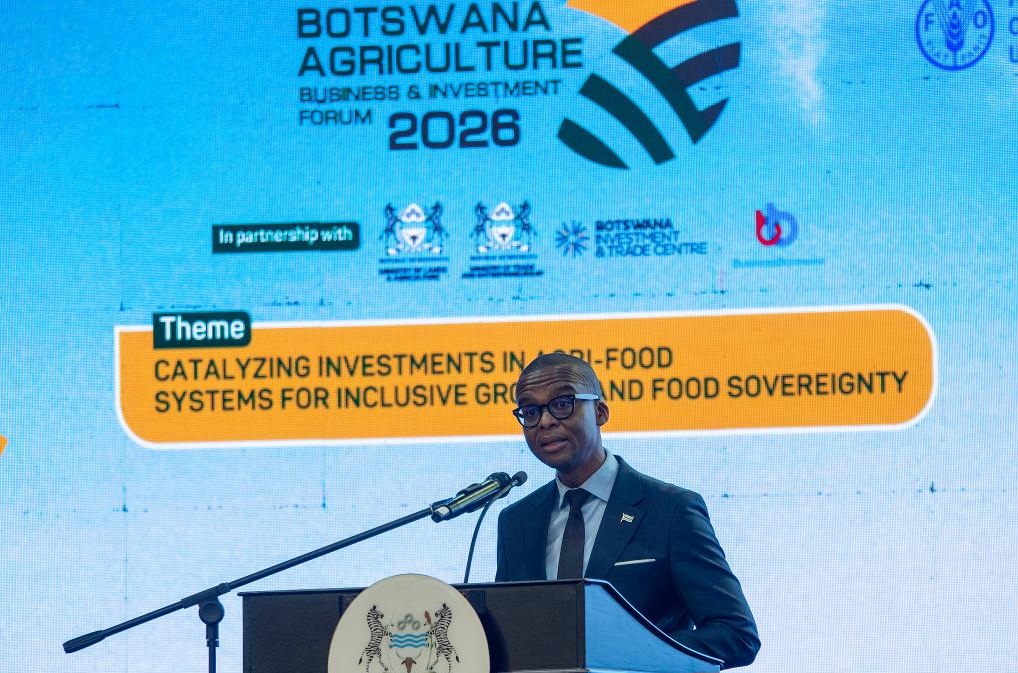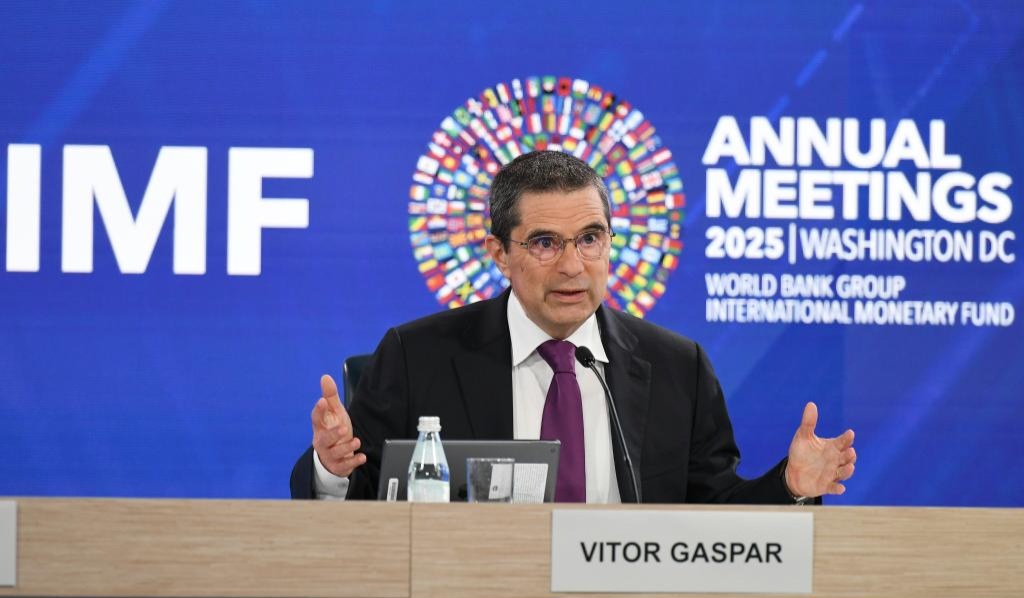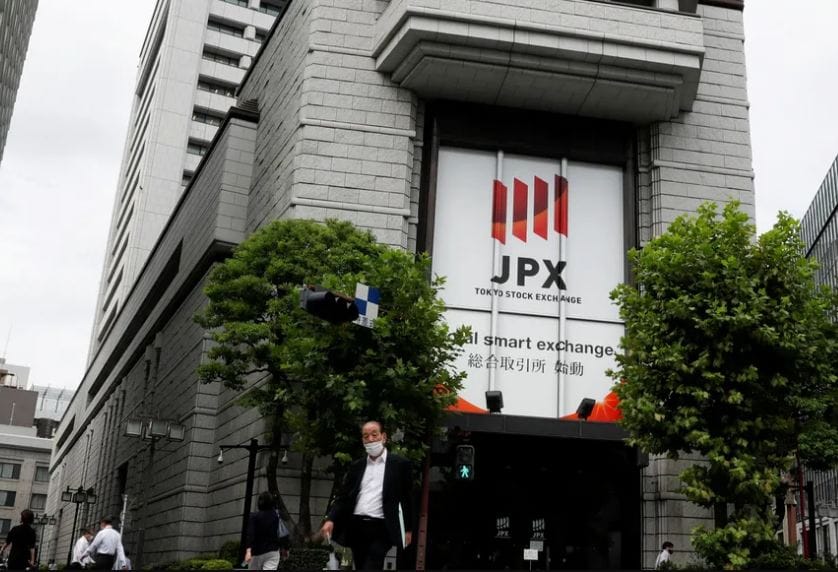Alsharq Tribune-AFP
The fiscal chief of the International Monetary Fund (IMF) said it is more important for governments to "deliver value for money" than simply to spend more, noting that spending efficiency is an "extremely important element" in public finances.
"The benefits, the growth dividends are particularly strong when spending is efficient, when spending efficiency improves," Vitor Gaspar, outgoing director of the IMF's fiscal affairs department, told Xinhua in a recent interview.
The IMF official highlighted the fiscal policy trilemma, noting that governments face rising pressures to expand public services, limited room to raise taxes given the unpopularity of tax increases, and, in many cases, already high levels of debt and deficits. Persistent gaps between spending and revenue, he warned, will only push debt higher and eventually threaten fiscal sustainability.
In the latest Fiscal Monitor released Wednesday, the IMF argued that enhancing spending efficiency can magnify gains "substantially," and alleviate the fiscal policy trilemma.
According to the report, closing efficiency gaps has the potential to increase output by about an additional 1.5 percent in advanced economies and about 2.5 to 7.5 percent in emerging market and developing economies over the long term.
Implementing complementary policies -- such as combining investments in human capital and infrastructure in emerging market and developing economies, and integrating spending on public education and research and development, or fostering technology diffusion in advanced economies -- can amplify these positive outcomes even further, the report said.
"The Fiscal Monitor team came up with a core message: spend smarter, not necessarily more. And the smart spending has to do with the composition of spending and giving priority to spending categories which promote growth," said Gaspar.
On U.S. fiscal policy, the IMF official said his institution sees that the United States right now has "quite a substantial deficit," and the debt-to-GDP ratio is rising at a relatively rapid pace.
"Our recommendation is that adjustment could start sooner rather than later, and we do see benefits associated with bringing deficits and debt under control in the United States, because that would contribute to domestic and external balance of U.S. economy," he said, adding that the country has multiple policy options.
The adjustment in the United States would also be associated with "positive spillovers" to the rest of the world, he noted. "Positive spillovers that would come, for example, from improved global financial stability or enhanced prospects for global financial stability."
In China, the IMF fiscal chief noted that the initiatives introduced by the Chinese authorities are "welcome," adding that fiscal support can help boost domestic demand in China.
Gaspar said that the IMF believes that strengthening social safety nets and supporting household spending are key steps to rebalance its economy and successfully navigate the transition to a new growth model, and the measures implemented in China are the right steps in that direction.
Commenting on China's green energy development, the IMF official said that China has been making "steady progress" toward fulfilling its own climate goals.
"The ability of China to make significant technological contributions, not only to China but even worldwide, is significant. The Chinese technology on wind and solar is contributing to the very sharp decline in green energy costs worldwide. So all of that is very good," Gaspar said.
"China will have quite a big milestone when carbon emissions start declining, and that is now expected to happen before the end of the decade," he said.
Recognizing the progress that China has already made, Gaspar said the IMF has been recommending further enhancements in the nationwide emissions trading system, and "we believe that there is room for efficiency improvement.








.png?locale=en)


